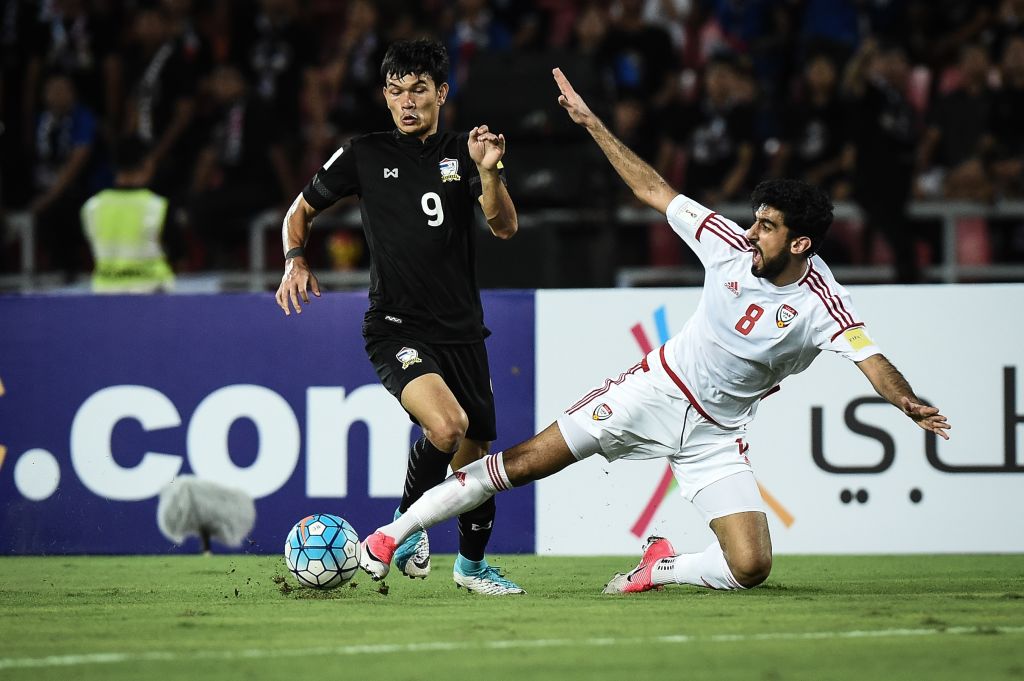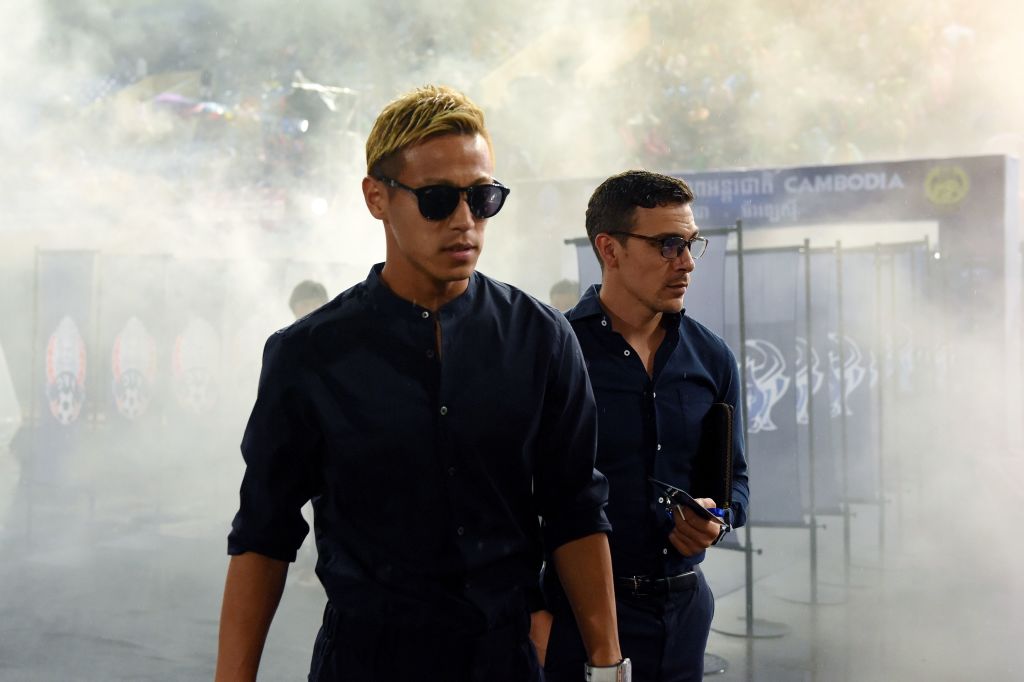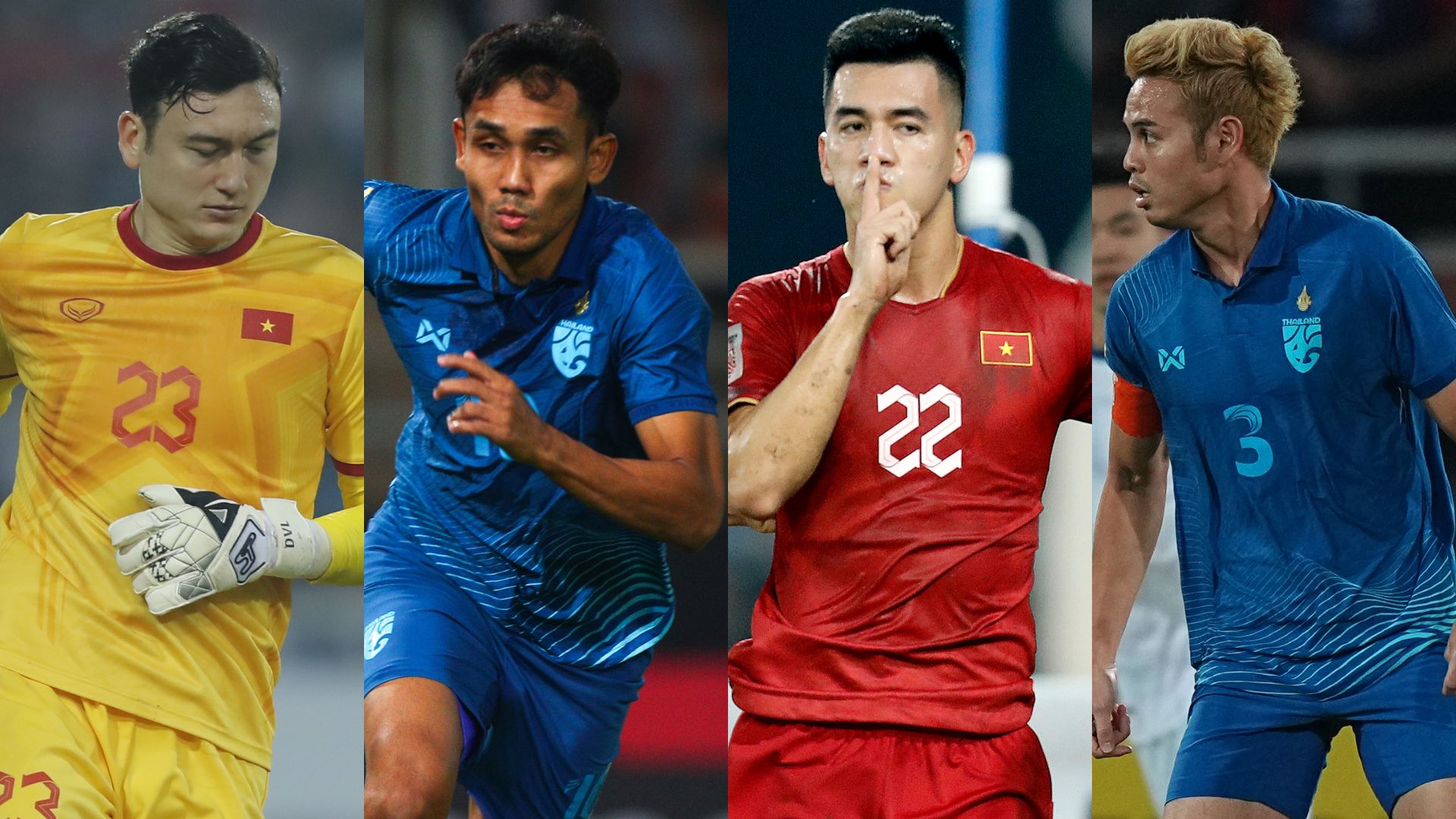AFF Suzuki Cup 2018: 5 things to look out for

The 2018 AFF Suzuki Cup is just a few days away, with eight of the ten sides set to play their opening games on Thursday and Friday. As the hotly anticipated competition rapidly approaches, we pick out five things to look out for ahead of the big kick-off.
1. Can holders excel without their stars?
Thailand have won the past two AFF Suzuki Cups and boast an array of talent that has shone over recent years. Indeed, the likes of Chanathip Songkrasin, Teerasil Dangda and Teerathon Bunmathan have excelled so much that they earned moves to Japan, while goalkeeper Kawin Thamsatchanan now plies his trade in Belgium. The question, then, is how will the defending champions perform without their star quartet?

Coach Milovan Rajevac has named a largely inexperienced squad with a number of other regulars omitted, although the likes of Tanaboon Kerasat and Adisak Kraison are familiar faces. Youngsters, such as 19-year-old Supachai Jaided, meanwhile, will be desperate to boost their chances of a place in the War Elephants’ AFC Asian Cup squad. Retaining the trophy could well give the Serbian coach a selection headache.
2. How will Cambodia perform under their new coaching duo?
Cambodia will be appearing in the competition for the seventh time, but in their six previous editions they have been unable to make it beyond the first round. However, arguably for the first time, there is genuine intrigue surrounding the Angkor Warriors’ participation in the lead up to their opener with Malaysia on Thursday, a game that will see the country host its first ever AFF Suzuki Cup match.

Keisuke Honda and Argentine Felix Dalmas make up an unlikely coaching team, with the former Japan international also still turning out as a player for Melbourne Victory. Their first match was a 3-1 defeat to the Malays in September, but Cambodia now have a chance for revenge in front of what is sure to be a packed Olympic Stadium in Phnom Penh. Should the hosts cause a surprise, they might just start to eye the semi-finals.
3. The rise of Vietnam
It’s no secret that Vietnam may well be sitting on a golden generation of talent and the 2008 winners may feel this is their best chance to add a second title. Coach Park Hang-seo has an extremely young squad at his disposal, and for good reason, given that many of the players helped the Golden Stars finish third at the 2016 AFC U-19 Championship and then runners-up at the AFC U23 Championship earlier in the year.

The latter tournament, in China, resulted in thousands taking to the streets across Vietnam as fever pitch gripped the nation. In addition, the senior side also secured their passage to the 2019 AFC Asian Cup as they qualified for the tournament for the first time, having earlier appeared as co-hosts in 2007 and as South Vietnam in 1956 and 1960. The 2016 semi-finalists start with genuine title aspirations.
4. Spotlight on the Philippines
These are heady days for the Philippines, with the recent announcement that Sven-Goran Eriksson is the new head coach causing yet another stir when it comes to men at the helm for the AFF Suzuki Cup. The much-travelled Swede takes over as the Azkals prepare for the most exciting three months in their footballing history.

After failing to progress beyond the group stage in the early editions of the competition, the Philippines made the semi-finals in 2010 and 2012, but have fallen short in the years since. Now, with a host of local and diaspora talent, the Azkals return with a side that has also qualified for their first AFC Asian Cup. With Eriksson’s know-how, a place in the semi-finals should be a realistic target.
5. Who will benefit from new-look group stage?
The 2018 AFF Suzuki Cup enters unfamiliar territory, with the group stage being played on a home and away basis for the first time. The unique competition already sparks intense regional rivalry, and the fact that there will be 10 host cities for the current edition will only increase that further and, perhaps, raise the chances of upsets.

Partisan home crowds in Phnom Penh and Yangon will likely give regional powerhouses Malaysia and Vietnam food for thought in Group A, while Indonesia may feel unlucky that they have to travel to Bangkok yet fortunate to host the Philippines in their final Group B fixture. Taking advantage of home games is crucial, but it may be those who travel well that secure the semi-final places.
Photos: Getty Images




















